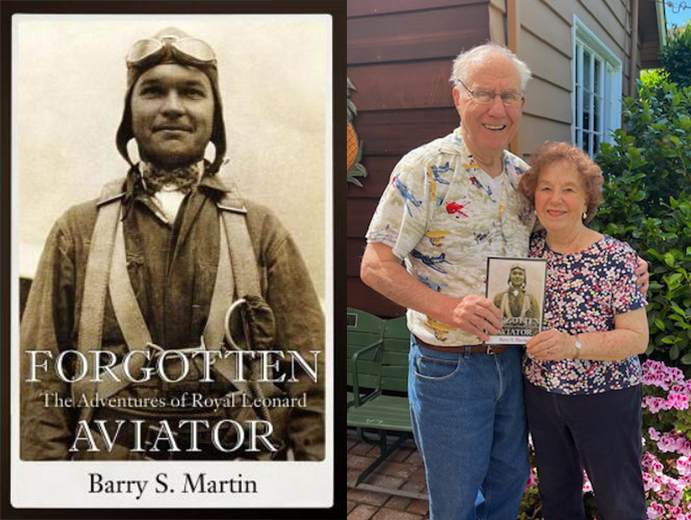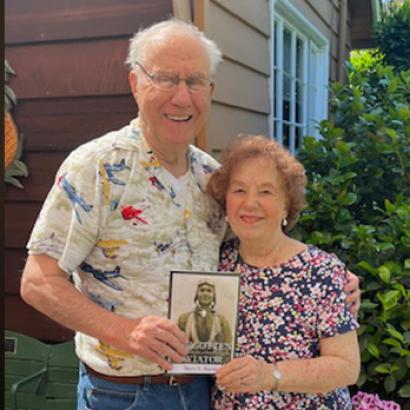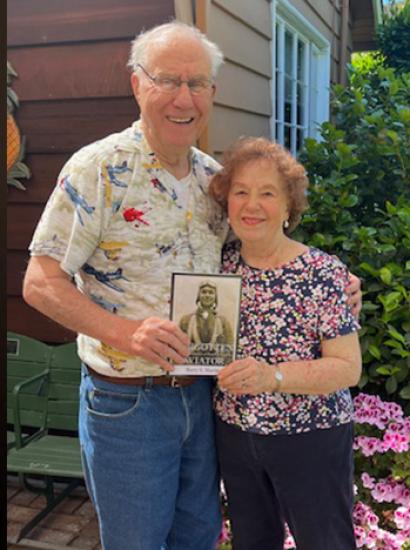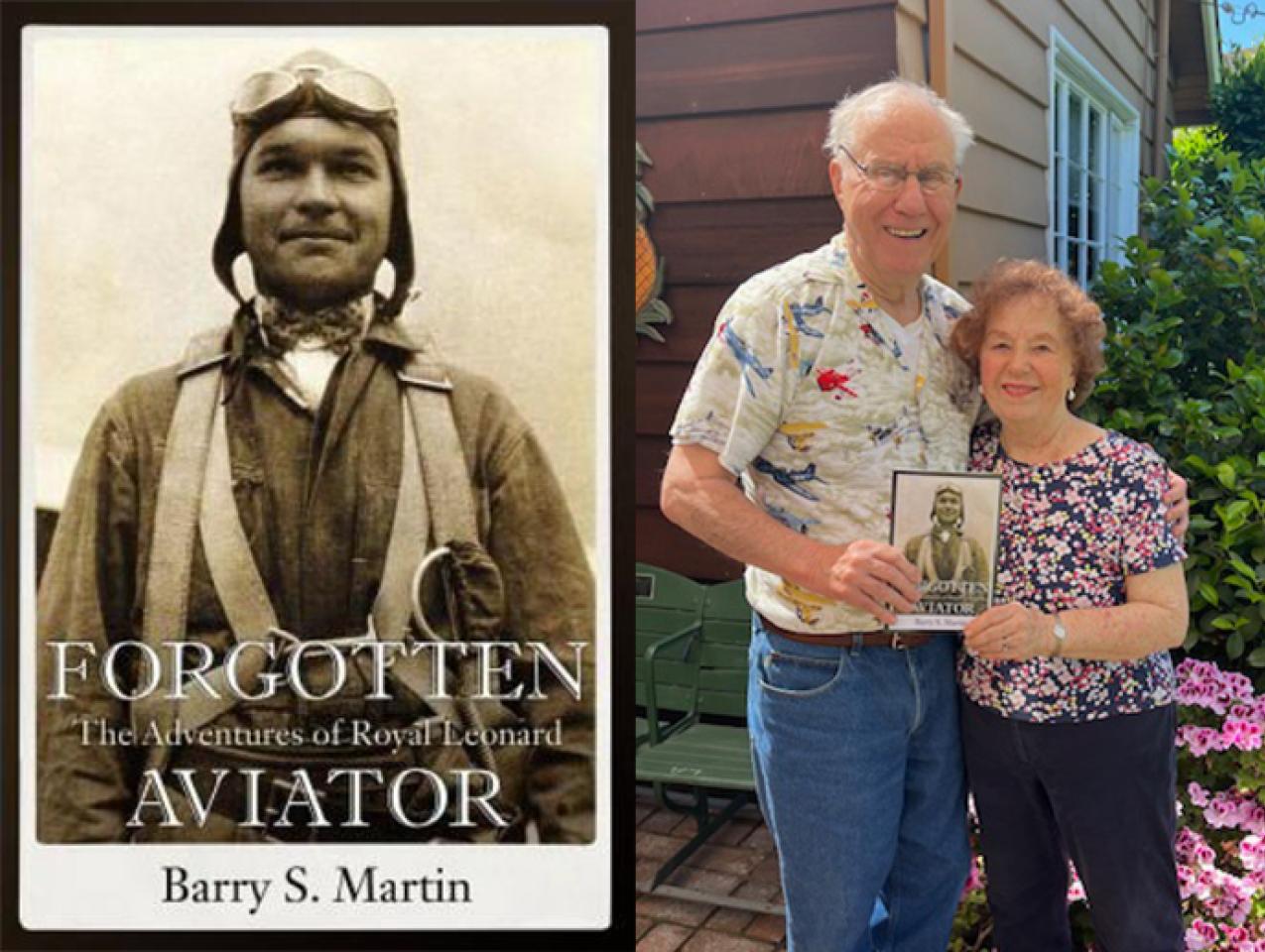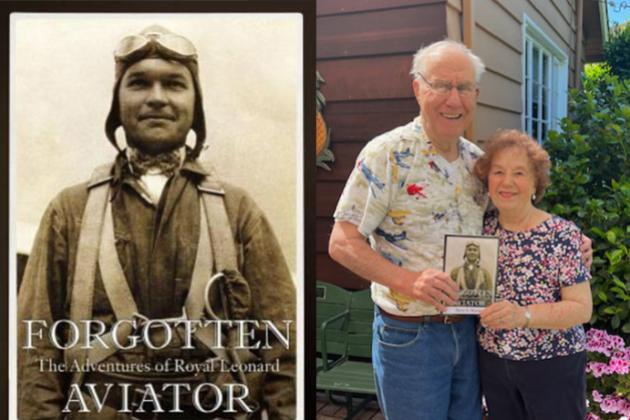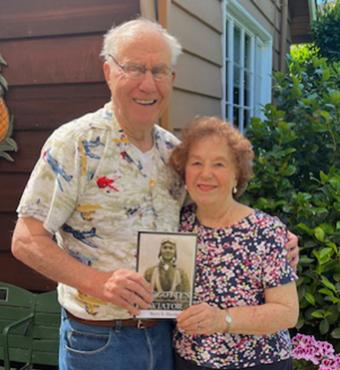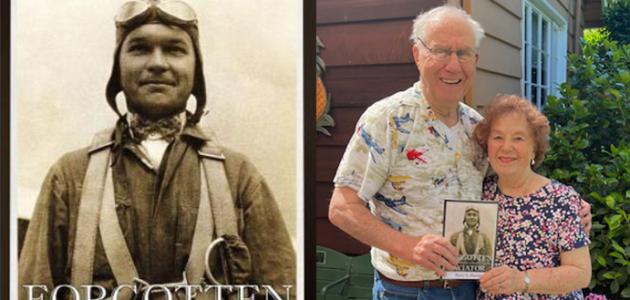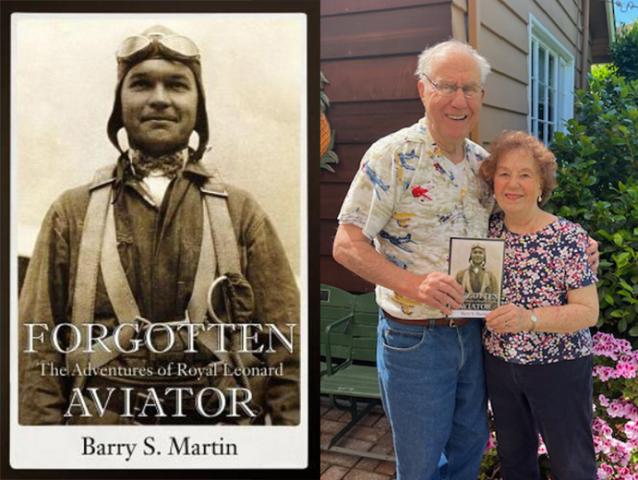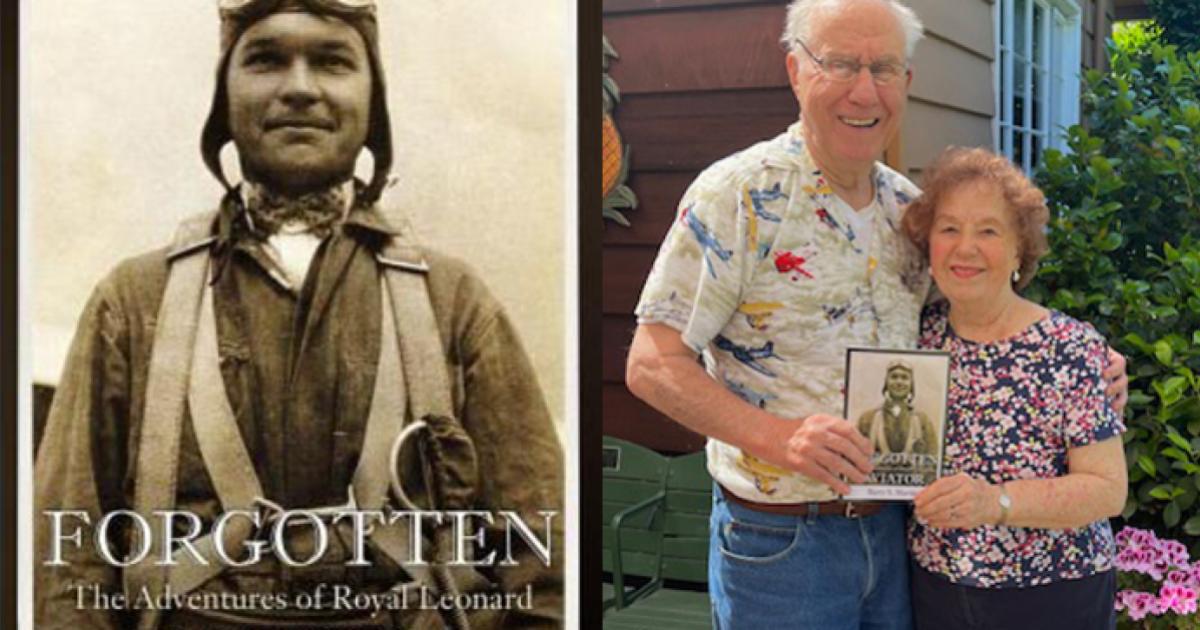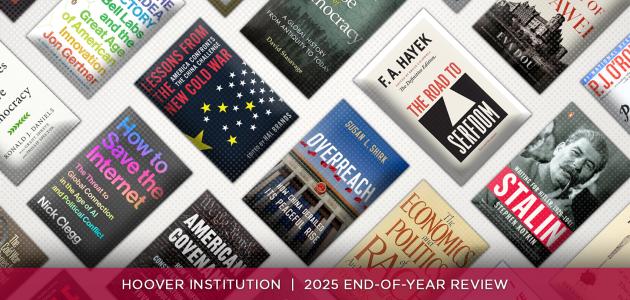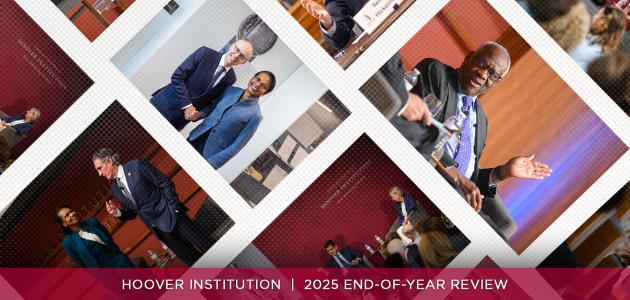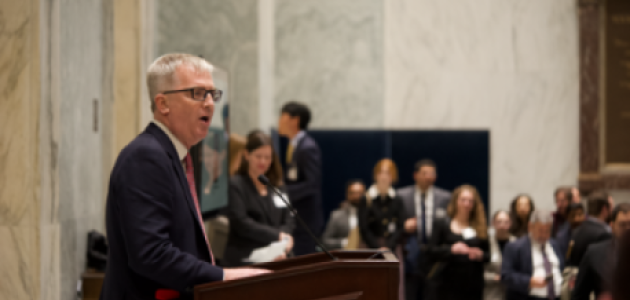The Hoover Institution Library & Archives has acquired a collection on pioneering American aviator Royal Leonard (April 3, 1905 – June 21, 1962), best known as Chiang Kai-shek’s personal pilot in the years leading up to World War II. Leonard, a native of Wisconsin whose family relocated to Texas, grew up fascinated with airplanes and mechanical engineering. As a young man he learned how to fly planes at Randolph Air Force Base—the “West Point of the Air” located in San Antonio, Texas. Subsequently, as a Western Air Express night mail pilot, he pioneered blind flying along the treacherous Rocky Mountains; and as a TWA pilot, he introduced celestial navigation. An early Airline Pilots Association (ALPA) officer, he fought for mail plane safety for pilots. He also once flew the Lockheed Orion in which Wiley Post and Will Rogers later crashed. During the 1930s, pioneering aviatrix Jackie Cochran selected Leonard as a copilot for the MacRobertson Race of the Century between England and Australia. Leonard also competed in the Bendix Death Race in a dangerous Gee Bee Widow Maker.
Before World War II, Royal worked for the Chinese warlord Chang Hsueh-liang, known as the “Young Marshal,” who kidnapped nationalist leader Chiang Kai-shek (Chiang was imprisoned until he agreed to join Chinese communists in a united front against Japanese invaders). Royal provided Communist political commissar Chou En-lai his first plane ride and later served as Chiang Kai-shek's personal pilot. During the WWII, famed American air commander Claire Chennault chose Leonard to lead the Flying Tigers Bomber Group. Leonard briefed Colonel Jimmy Doolittle on Chinese landing fields for the Tokyo Raid. He also survived flying the Skyway to Hell over the “Hump” (the treacherous pathway across the Himalayas) for China National Aviation Corporation. In 1942, he published an autobiography called I Flew for China. He died on June 21, 1962, in Los Angeles, California, at age 57.
The collection includes dozens of letters written by Leonard to his family during the 1920s and 1930s; a typewritten summary of a trip Leonard made to Washington DC to meet with Army Air Force generals; correspondence related to his disputes with CNAC; photographs; and telegrams sent during the London-Melbourne Air Race in 1934. The materials included in the Royal Leonard collection were compiled by biographer Barry Martin. Martin is the author of The Forgotten Aviator: The Adventures of Royal Leonard (2011). Martin graduated from the College of William and Mary, earned an M.A in History at the University of Washington, and a J.D. from UC Berkeley. After winning a trip to China in 1988, he discovered Royal Leonard's 1942 memoir about his adventures as Chiang Kai-shek's personal pilot. This book launched Martin into years of research and interviews with Leonard's family and others connected to dramatic events during the Golden Age of American Aviation and in war-torn China. He lives in Sacramento with his wife, Carolyn.




